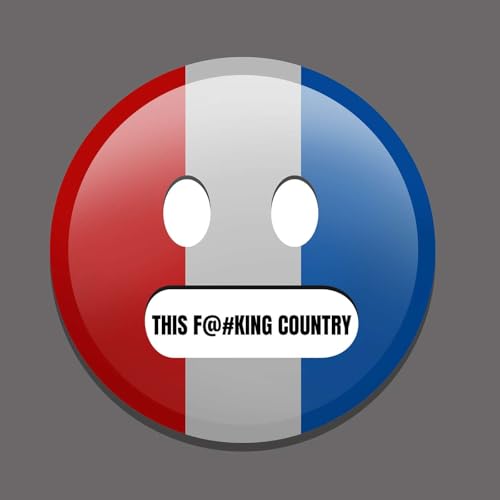
Humanity's Crossroads
カートのアイテムが多すぎます
カートに追加できませんでした。
ウィッシュリストに追加できませんでした。
ほしい物リストの削除に失敗しました。
ポッドキャストのフォローに失敗しました
ポッドキャストのフォロー解除に失敗しました
-
ナレーター:
-
著者:
このコンテンツについて
Send us a text
Have we become numb to human suffering? This deeply personal and passionate exploration of our collective humanity confronts the disturbing patterns that have plagued our species throughout history. Starting from a place of humility rather than superiority, we examine how regular people continue to enable global atrocities through indifference and inaction.
The Israel-Gaza conflict serves as a powerful case study in our discussion. Coming from a position of limited prior knowledge about the region, we share the jarring experience of witnessing civilian suffering while observing the callous reactions from politicians and fellow citizens. When confronted with footage of starving children and targeted killings, how can any person with conscience turn away? More troublingly, how can our tax dollars continue funding such violence while our elected officials—both Republicans and Democrats—stand proudly alongside those responsible?
This reflection goes beyond specific conflicts to question fundamental aspects of our humanity. Despite having billionaires approaching trillionaire status and possessing the technological capability to solve world hunger and end needless suffering, we collectively choose not to. We continue electing politicians who serve powerful interests rather than the common good. We rationalize cruelty toward immigrants and "others" while claiming moral superiority. What does this say about us as a species? Can we evolve beyond these destructive patterns, or are we doomed to repeat them endlessly?
Before dismissing these concerns as overly pessimistic, take time to examine the evidence around you. Seek out resources like Lyle Fass's "Why America is Like This" to understand the historical context of our current situation. Consider what small actions you might take to resist complicity in systems of oppression. The path forward requires each of us to confront uncomfortable truths about ourselves and our society, then choose whether we'll continue enabling suffering or stand for something better.



